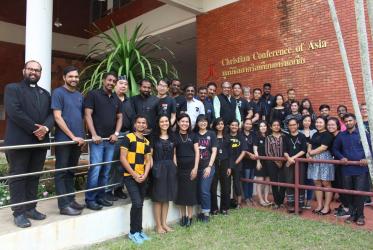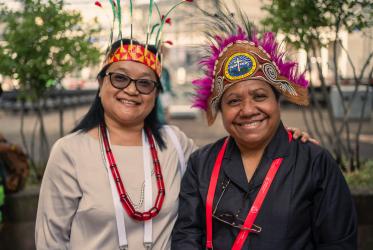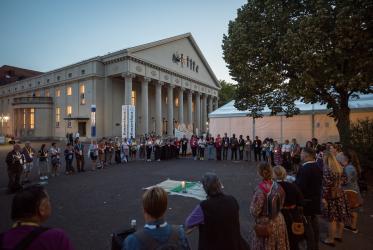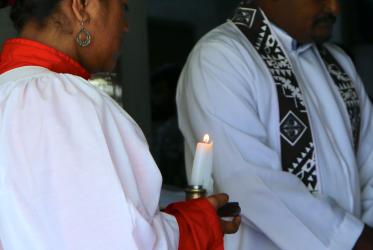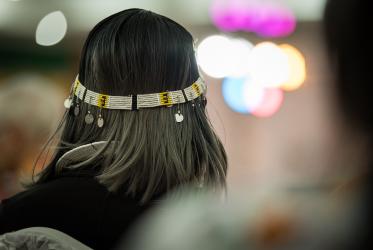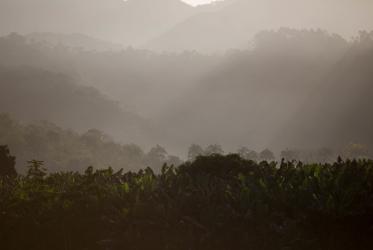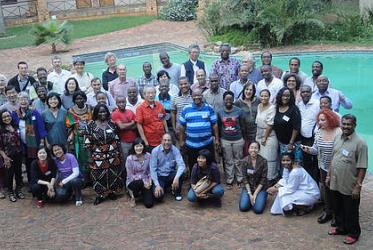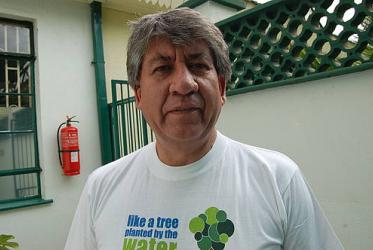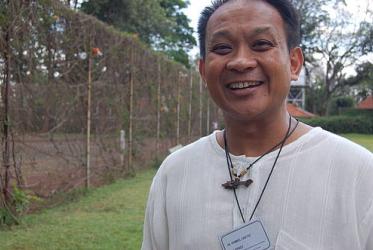Displaying 1 - 20 of 25
Webinar remembers past massacres in the Pacific
21 October 2021
WCC honors world’s indigenous communities
07 August 2020
Plans for 11th WCC Assembly build excitement across the globe
18 February 2020
Protect the Amazon, urges WCC statement
22 November 2017
Land rights focus of panel discussion
17 November 2015
Indigenous faith leaders reflect on resilience and climate change
23 September 2014
Water: a political issue needing political solution
27 October 2011
Ecological debt is a spiritual issue
31 August 2009
Indigenous voices speak to the churches
13 February 2006
